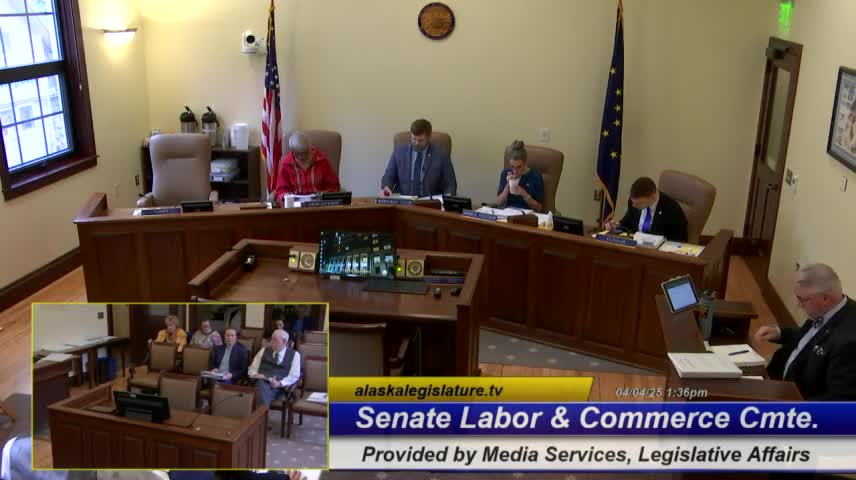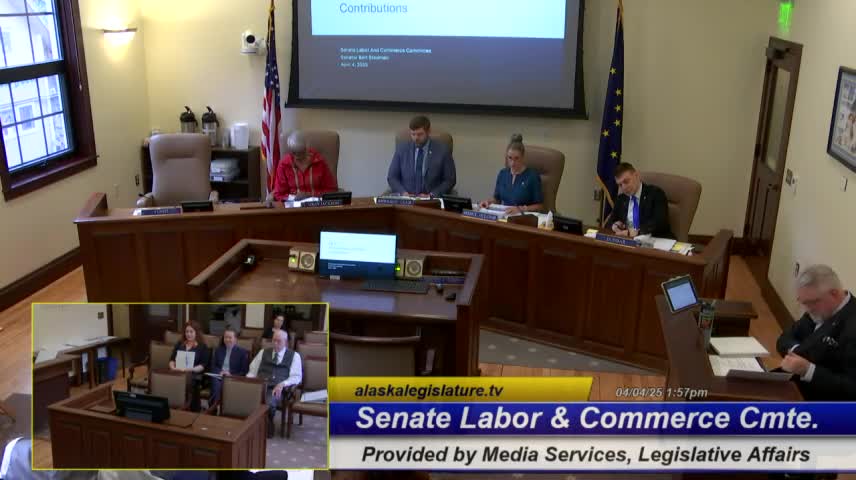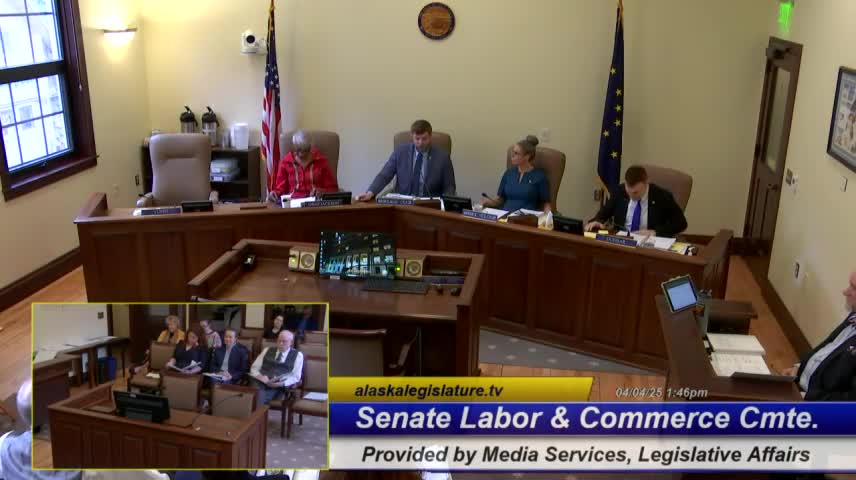Article not found
This article is no longer available. But don't worry—we've gathered other articles that discuss the same topic.

Senate Labor and Commerce adopts two amendments to omnibus insurance bill, reports SB132 from committee

Senate holds first hearing on SB81 to remove 22% statutory cap on PERS employer contributions; testimony warns of local cost impacts

